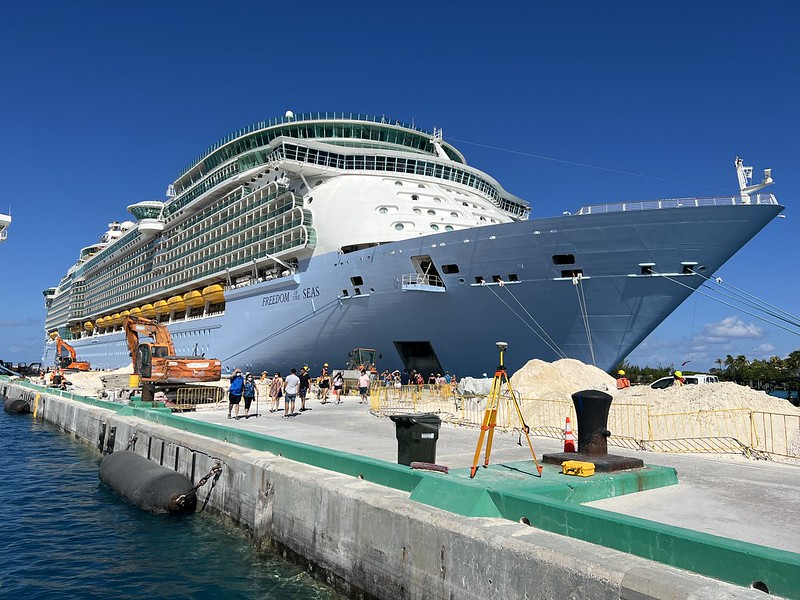The Truth About the Caribbean Tourism Industry
 Despite the Caribbean tourism industry contributing more than $60 billion to the total Caribbean GDP in 2022, the average poverty rate in the Caribbean is 30%. While the Caribbean is incredibly dependent on the tourism industry to provide jobs and boost the national economies, low-wage labor and the concentration of wealth in foreign hands are perpetuating the poverty of local communities.
Despite the Caribbean tourism industry contributing more than $60 billion to the total Caribbean GDP in 2022, the average poverty rate in the Caribbean is 30%. While the Caribbean is incredibly dependent on the tourism industry to provide jobs and boost the national economies, low-wage labor and the concentration of wealth in foreign hands are perpetuating the poverty of local communities.
The Situation
The Caribbean’s history of colonization and exploitation of resources created long-lasting socio-economic disparities. Many Caribbean countries still face economic dependency, political instability and exploitation through unfair trade policies and foreign-controlled industries like tourism, according to Caribbean Issues.
Many governments across the Caribbean offer concessions, land or building rights and other incentives to the Caribbean tourism industry to stimulate economic activity and create jobs, despite these jobs often being low-wage. Instead of contributing to the local economy, the majority of profits go to foreign corporations. Governments may continue supporting the tourism sector due to its immediate economic contributions, but the benefits are not as significant or long-lasting for the local population as they are for tourists or international investors.
Cruise Ships
In 2023, there were 32.2 million tourist visits to the Caribbean and 31.1 million of those visits came from cruise ships alone. Rather than supporting the local economy, cruise lines provide low-cost excursions, profiting immensely while providing few jobs for locals. Additionally, Caribbean countries often invest heavily in port infrastructure for essential trade and end up losing the space to cruise ships. On top of everything, cruise ships often evade environmental regulations, disrespecting the beautiful oceans that allure tourists in the first place by harming the already fragile ocean ecosystems.
Solutions
The Bahamas Family Islands’ Destination Stewardship Initiative is a program that empowers local communities to take a leadership role in the development and management of tourism, with an emphasis on making sure economic rewards stay within local communities. This initiative, which earned the Caribbean Tourism Organization’s 2023 Destination Stewardship Award, aims to rebuild tourism in the wake of the COVID-19 pandemic and a fiscal crisis. Through the creation of four Destination Stewardship Councils, the initiative has prioritized community involvement in decision-making, giving residents a direct stake in shaping their tourism economies.
By working with stakeholders including the Global Sustainable Tourism Council, the initiative has ensured that tourism development reflects community values and priorities such as waste management, cultural heritage preservation and visitor safety. Sustainable waste management, cultural site preservation and safety improvements are all initiatives that enhance the overall visitor experience while generating new business and employment opportunities for residents. The Ministry of Tourism is committed to expanding the initiative, with plans to establish more councils across the Family Islands.
This expansion could ensure that even more communities benefit from tourism’s economic potential while maintaining a focus on responsible, community-led development that supports long-term sustainability and economic stability. The Bahamas Family Islands’ Destination Stewardship Initiative is a positive step toward addressing the socio-economic disparities created by the Caribbean’s dependence on the foreign-controlled Caribbean tourism industry.
– Nina Bujewski
Nina is based in San Luis Obispo, CA, USA and focuses on Technology and Politics for The Borgen Project.
Photo: Flickr
